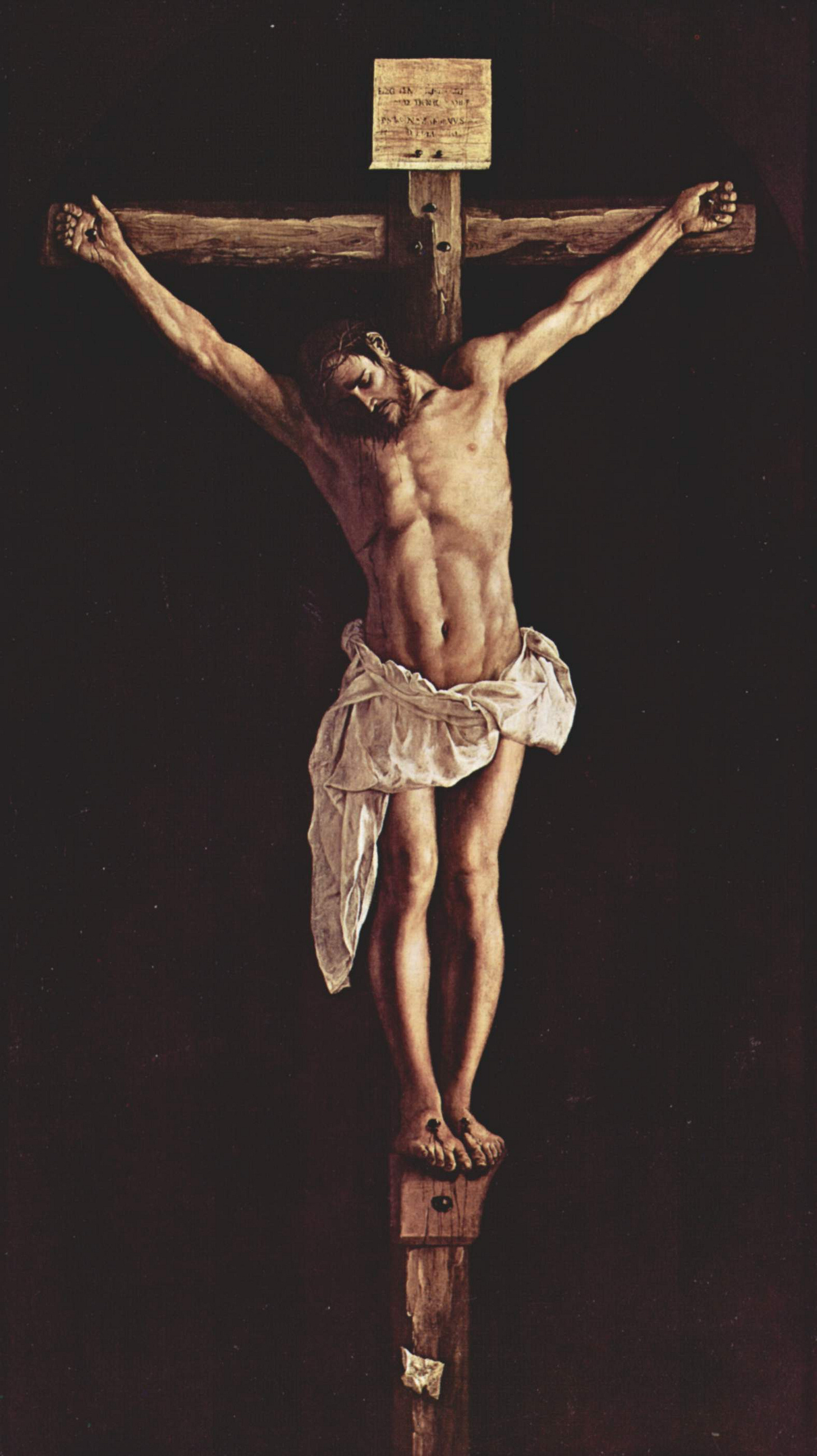“Whoever does not carry his own cross and come after me
cannot be my disciple.” Luke 14:27.
This exhortation, given by Our Lord in today’s Gospel, encompasses the spiritual life of everyone who desires to be called a Christian. We are told by Christ that if we want to follow Him, we must take up our cross and follow Him.
We have to understand this saying in the context of first-century Judaism. Today, it has become commonplace to use the phrasing of carrying a cross, and I do not believe we allow it to truly impact us the way that it should because of how disconnected our society is from the horror of crucifixion.
In the first century, Judaic context, crucifixion struck fear into all who heard or saw the action. It was used to a terrorizing end by the Romans to demand law and order. In the Jewish context, the cross stood for a curse upon the earth.1 Christ is telling His followers that all earthly attachments must be set aside to follow Him where He is going. We must not stay grounded in this world and love the comforts that it affords us. When Our Lord uses the cross as the imagery for discipleship, it would have caused those listening to recoil with fear and disgust. This is the essence of what it means to be a disciple of Christ. We are not of this world; we are meant for the next. We are called to lay down all of the world’s glory and comfort for the sake of the kingdom.
The cross is purifying. It is suffering for the sanctification of our souls. But it is only through this suffering, united to Jesus Christ who first suffered for us, that the cross even makes sense. This is what those outside of Christianity do not see. It is Christ who gives suffering and the cross meaning. Without the willing Christ on it, the cross is merely an instrument of torture and death. With Christ on it, the cross is the bridge to eternal life.
Take up your cross. Follow Him. Be His disciple. Suffer well.
For more from Dr. McGovern, visit his Substack at A Thomist, Dedicated to the Theological tradition of St. Thomas Aquinas. Exploring Thomas’ Spiritual Theology and topics in Christology and Mariology.
Cf. Deuteronomy 21:22-23 and Galatians 3:13.


